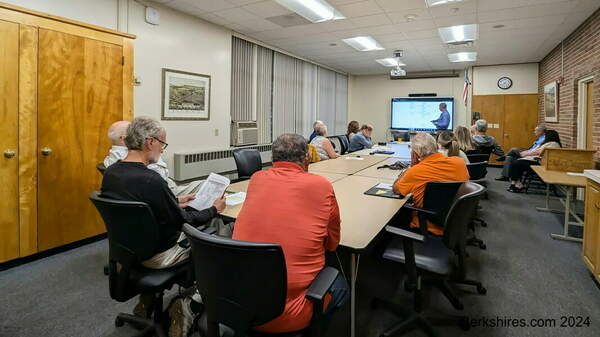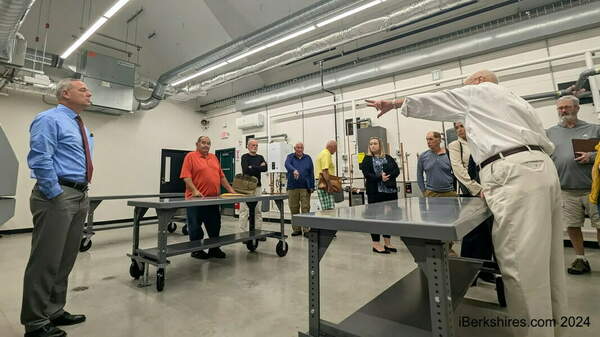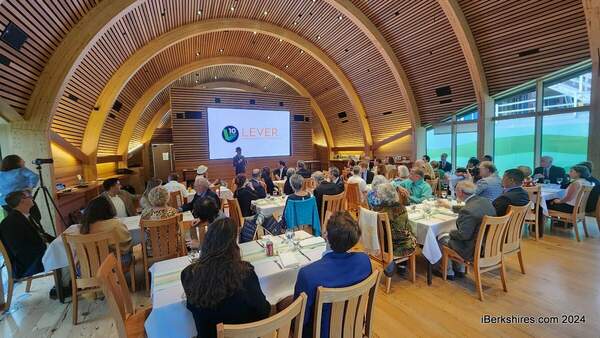
Protect financial accounts from "cyberthieves"
 |
- Watch out for "phishing" attempts. You may receive emails that appear to be from a legitimate firm, requesting information your financial institution would never request online — confirmation of an account number, password, Social Security number, credit card number and so on. These notes can look official, often incorporating a firm's logo, so pay close attention to what's being asked of you.
- Think twice before clicking or downloading. If you are suspicious about a communication, don't click on a link or download an attachment — instead, go to your financial firm's website or use their app to verify they sent the information or request.
- Become adept with passwords. Use a different password for each of your accounts and change your passwords regularly. Of course, maintaining multiple passwords can be confusing, so you might want to consider using password management software, which generates passwords, stores them in an encrypted database and locks them behind a master password — which is the only one you'll need to remember.
- Use your own devices. Try to avoid using public computers or devices that aren't yours to access your financial accounts. If you do use another computer, clear your browsing history after you log out of your account.
- Be cautious about using Wi-Fi when traveling. When you're on the road, you may want to use public hotspots, such as wireless networks in airports and hotels. But many people don't realize that these hotspots reduce their security settings to make access easier, which, in turn, makes it easier for cyberthieves to intercept your information. In fact, some hackers even build their own public hotspots to draw in internet-seekers in an effort to commit theft. So, if at all possible, wait until you can access a trusted, encrypted network before engaging in any communications or activity involving your financial accounts.
- Don't give up control of your computer. Under no circumstances should you provide remote access to your computer to a stranger who contacts you, possibly with an offer to help "disinfect" your computer. If you do think your device has an issue with malicious software, contact a legitimate technician for assistance.
- Know whom you're calling for help. If you need assistance from, say, a customer service area of a financial institution, make sure you know the phone number is accurate and legitimate — possibly one from a billing or confirmation statement. Some people have been scammed by Googling "support" numbers that belonged to fraudsters who asked for sensitive information.
- Review all correspondence with your financial services provider. Keep a close eye on your account activity and statements. If you see mistakes or unauthorized activity in your account, contact your financial institution immediately.















